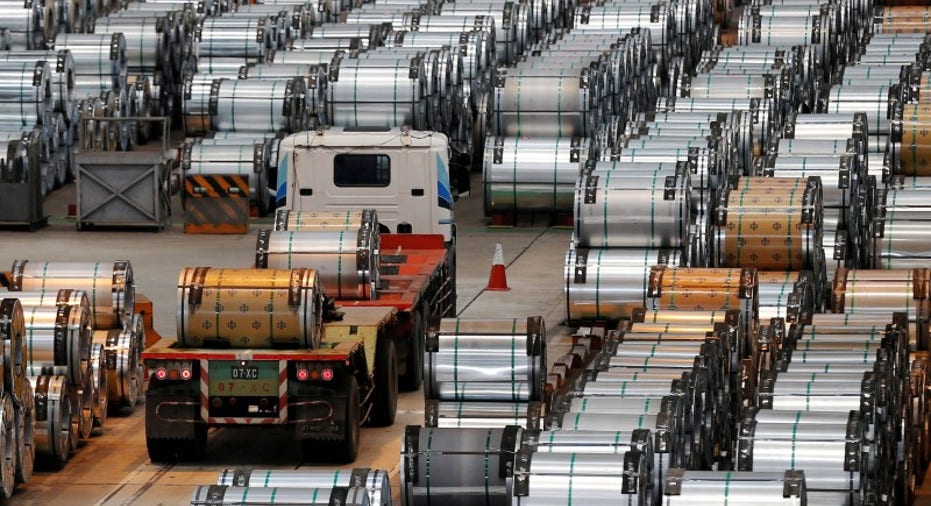Trump Will Need to Leverage Power of U.S. Economy to Remake Global Trade

President-elect Donald Trump's plans to remake the global trading system depends on his ability to use the size and power of the U.S. economy to force other nations to make concessions.
The New York businessman has many tools to reverse the post World War II consensus on liberalizing U.S. trade without needing congressional approval. For instance, he can withdraw from the North American Free Trade Agreement, as he has threatened to do, by simply notifying the U.S.' Nafta partners, Mexico and Canada, and waiting six months. Withdrawing from the World Trade Organization, which sets rules for global trading and enforces tariffs, has a similar provision.
Mr. Trump's advisers have said they doubt the U.S. would actually have to go ahead with a withdrawal. Rather, simply the threat of losing access to the vast U.S. market would be leverage enough to force trading partners to make the changes the U.S. sought.
"Our major trading partners are far more likely to cooperate with an America resolute about balancing its trade than they are likely to provoke a trade war," wrote Trump economic advisers Peter Navarro of the University of California-Irvine and investor Wilbur Ross in September. "This is true for one very simple reason: America's major trading partners are far more dependent on American markets than America is on their markets."
The president has an arsenal of weapons to impose the U.S. will unilaterally in international economics. They include provisions of the Trade Expansion Act of 1962 and the Trade Act of 1974, which can be used to limit imports and boost tariffs, wrote Peterson Institute for International Economics trade analyst Gary Hufbauer in September. Another law, the Trading with the Enemy Act of 1917, was used by the Nixon administration in 1971 to impose a 10% import surcharge.
While such measures would likely be challenged in court by U.S. importers, Mr. Hufbauer wrote, the administration would likely prevail. The legal issue in the Trading with the Enemy Act would be whether the law was restricted to conflicts that required a congressional declaration of war. "This holding seems unlikely," Mr. Hufbauer wrote.
Whether or not the U.S. would come out ahead in a trade conflict is another matter.
While it is true that the U.S. is the world's largest economy and its share of global gross domestic product has held fairly steady from 26% in 1980 to 25% this year, according to the World Trade Organization, the world's number two economy, China, has soared from 3% of global GDP in 1980 to 15%. That reduces U.S. sway over global economic issues, a change that has become apparent in recent years as China started a development bank over U.S. objections and has been recruiting nations to invest separately in its ambitious plans to link together Asian nations through trade and investment.
The U.S.'s reliance on consumer spending to power its economy also reduces its ability to prosecute a trade war. During the Clinton administration, for instance, a plan to tax high-end Japanese automobiles was shelved, in part, because of lobbying by U.S. dealers of Japanese cars who feared a loss of sales.
The Peterson Institute, analyzing a potential trade war with China, thinks the U.S. would be even more vulnerable to domestic pressure because Chinese manufacturers make so many low-price U.S. consumer goods.
Shortages and higher prices would reduce a President Trump's ability to keep the home front on board. Apple Inc.'s iPhone "could be China's secret weapon in retaliation," the Peterson Institute report said. Chinese firms assemble the iPhone but don't make much money on the work, so "China's self-inflicted losses would be minimal."
"But cutting off supplies to Apple could severely disrupt the availability and increase the price of a beloved consumer product," warned the institute, a Washington think tank that favors free trade.
By Bob Davis



















